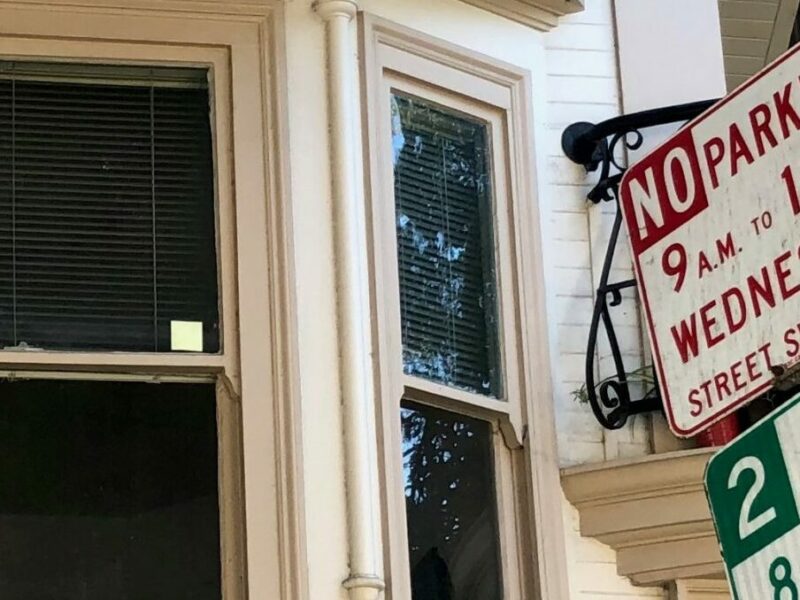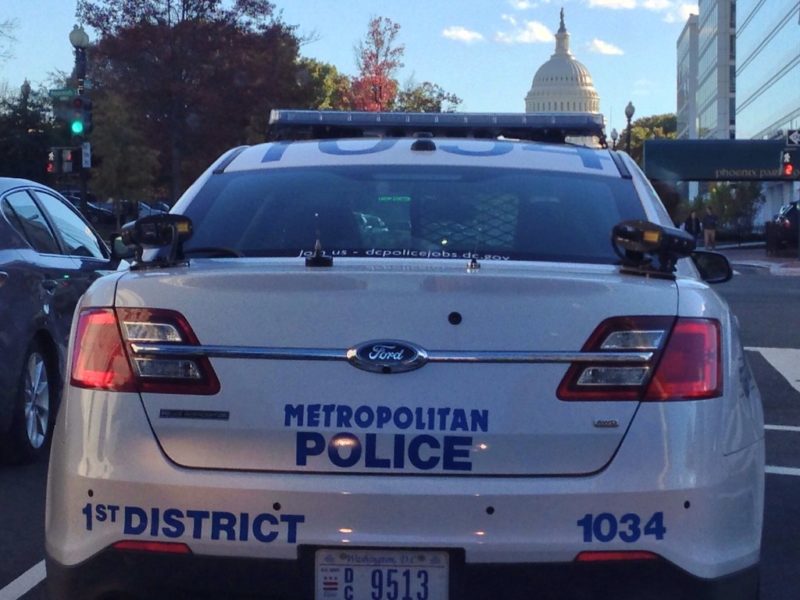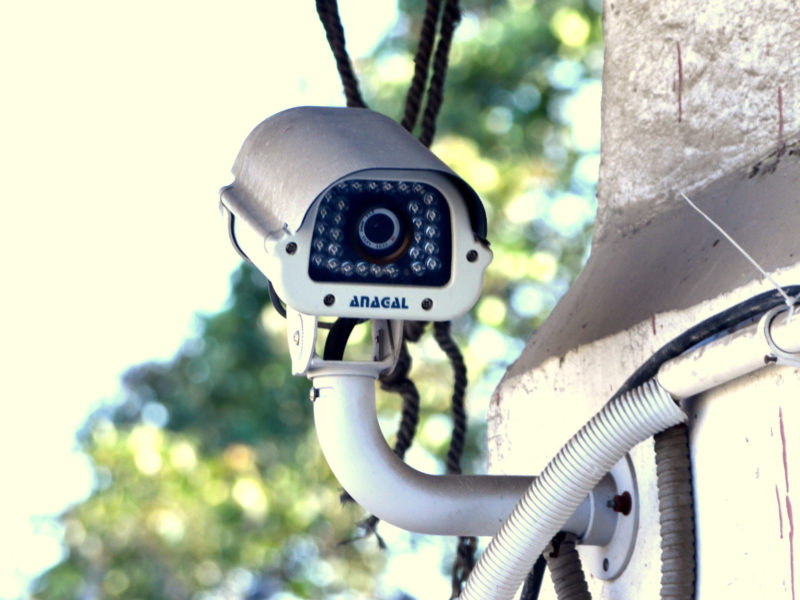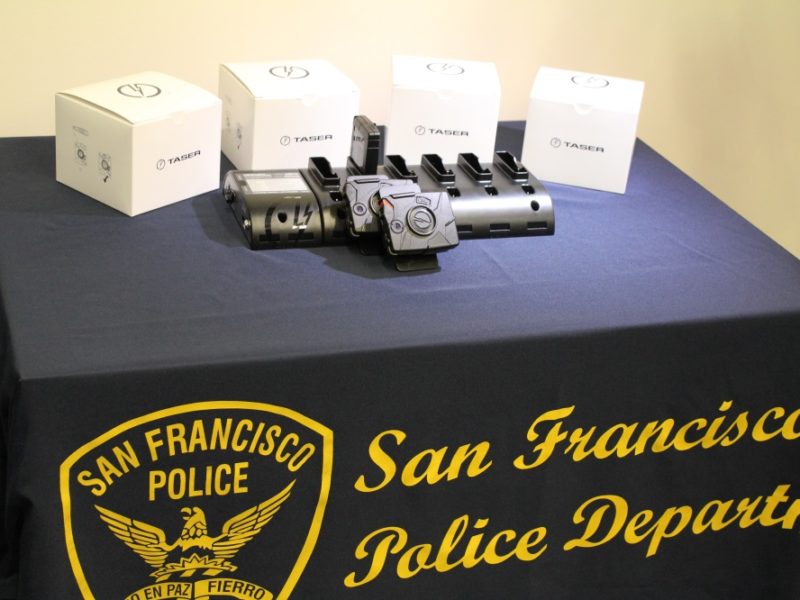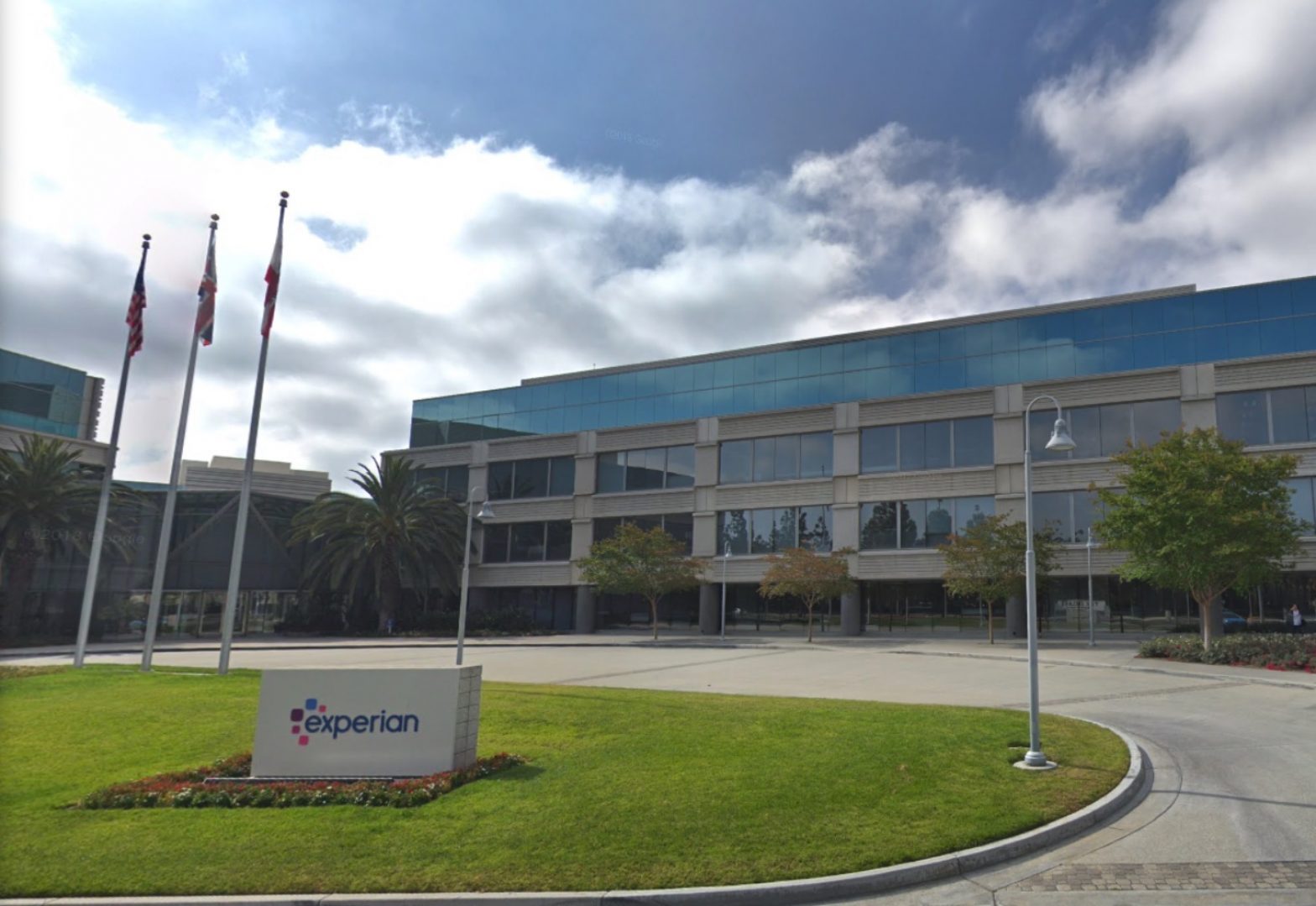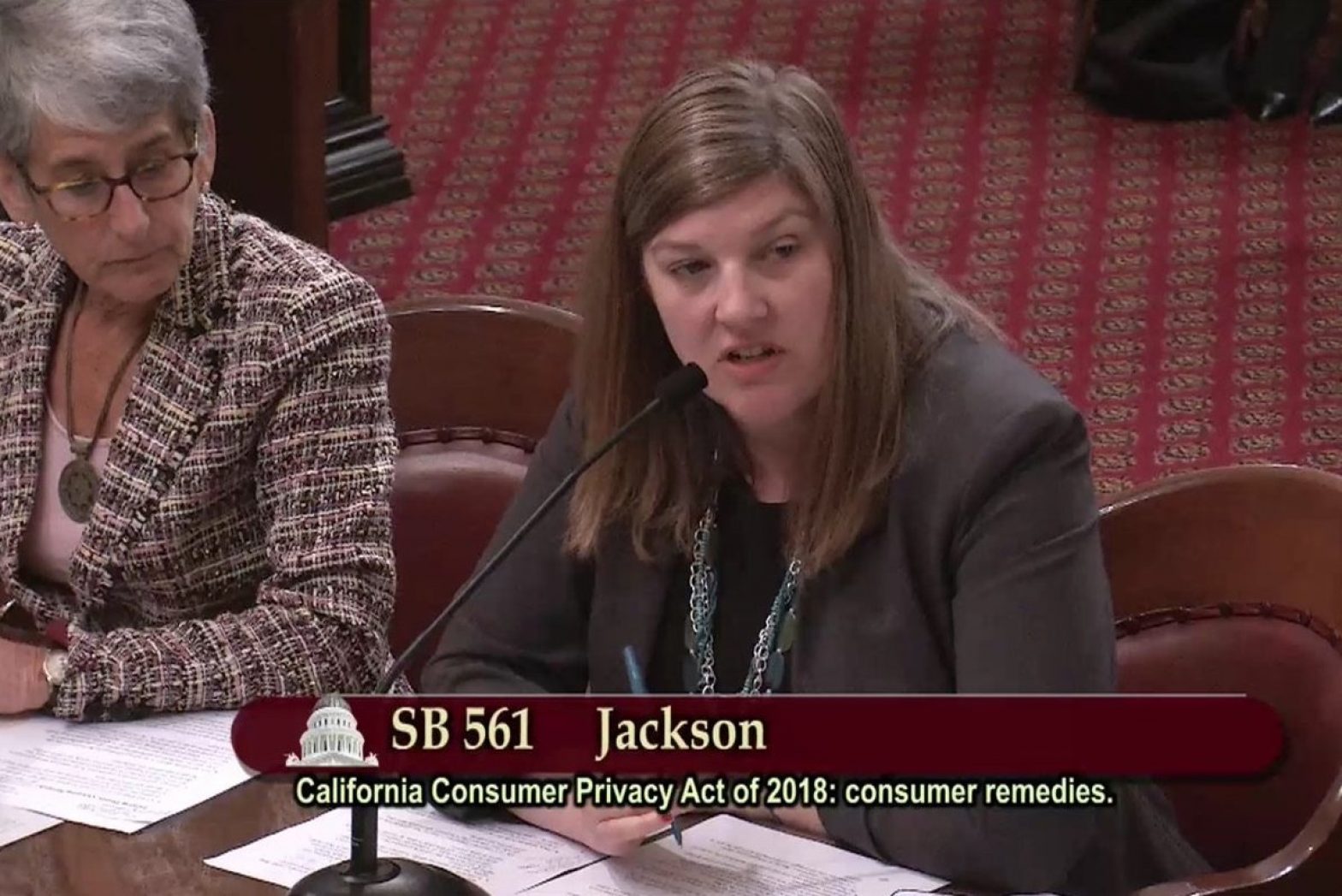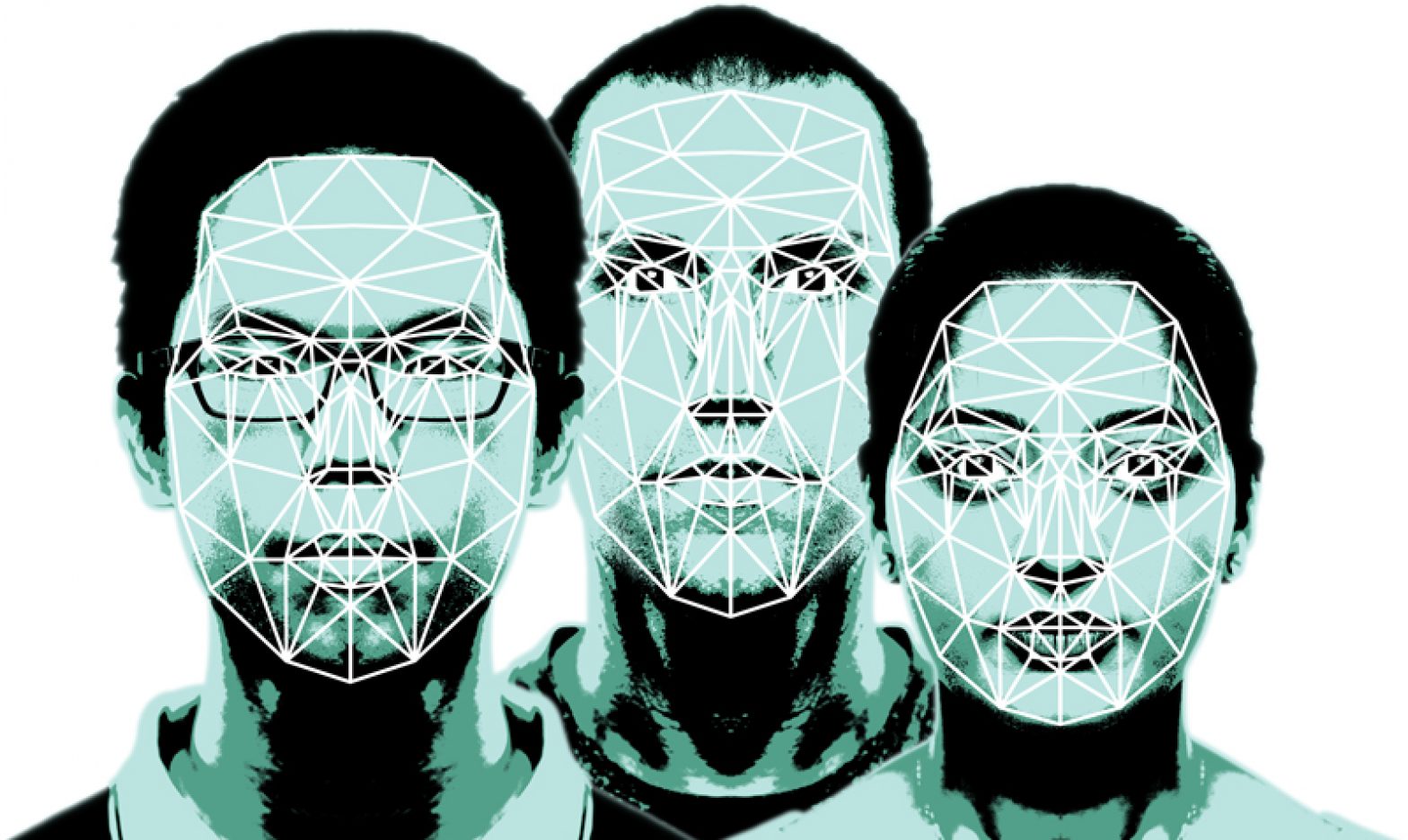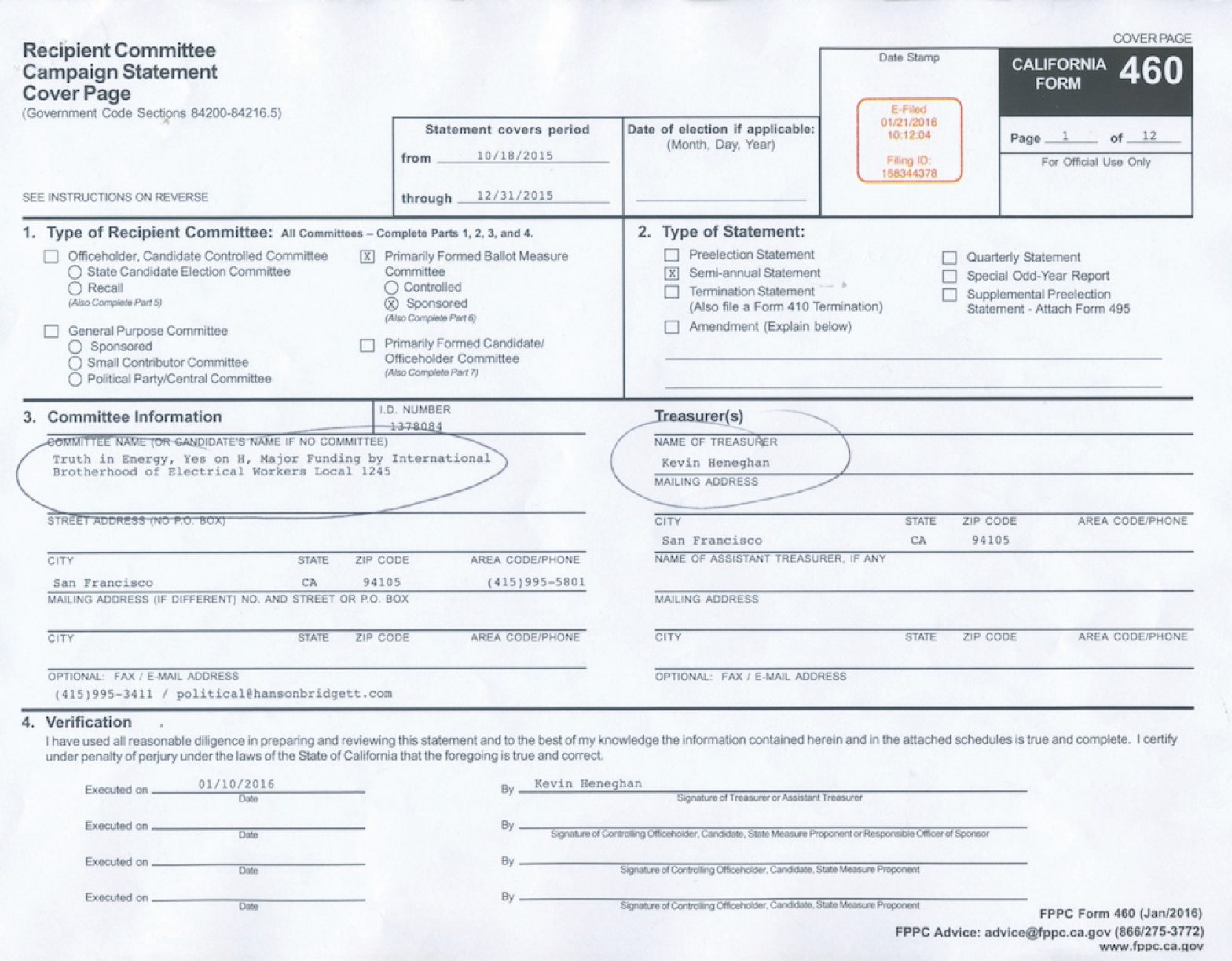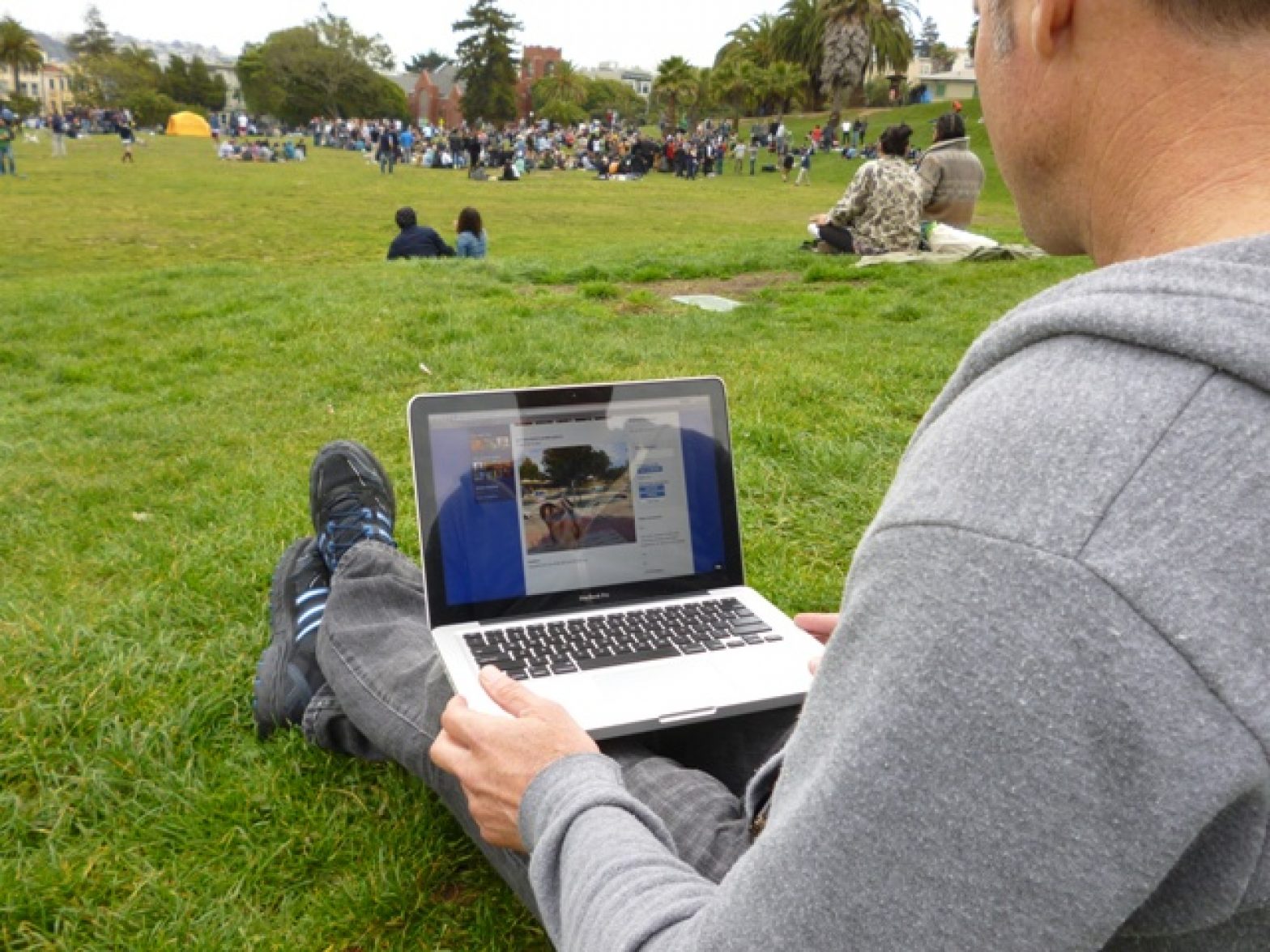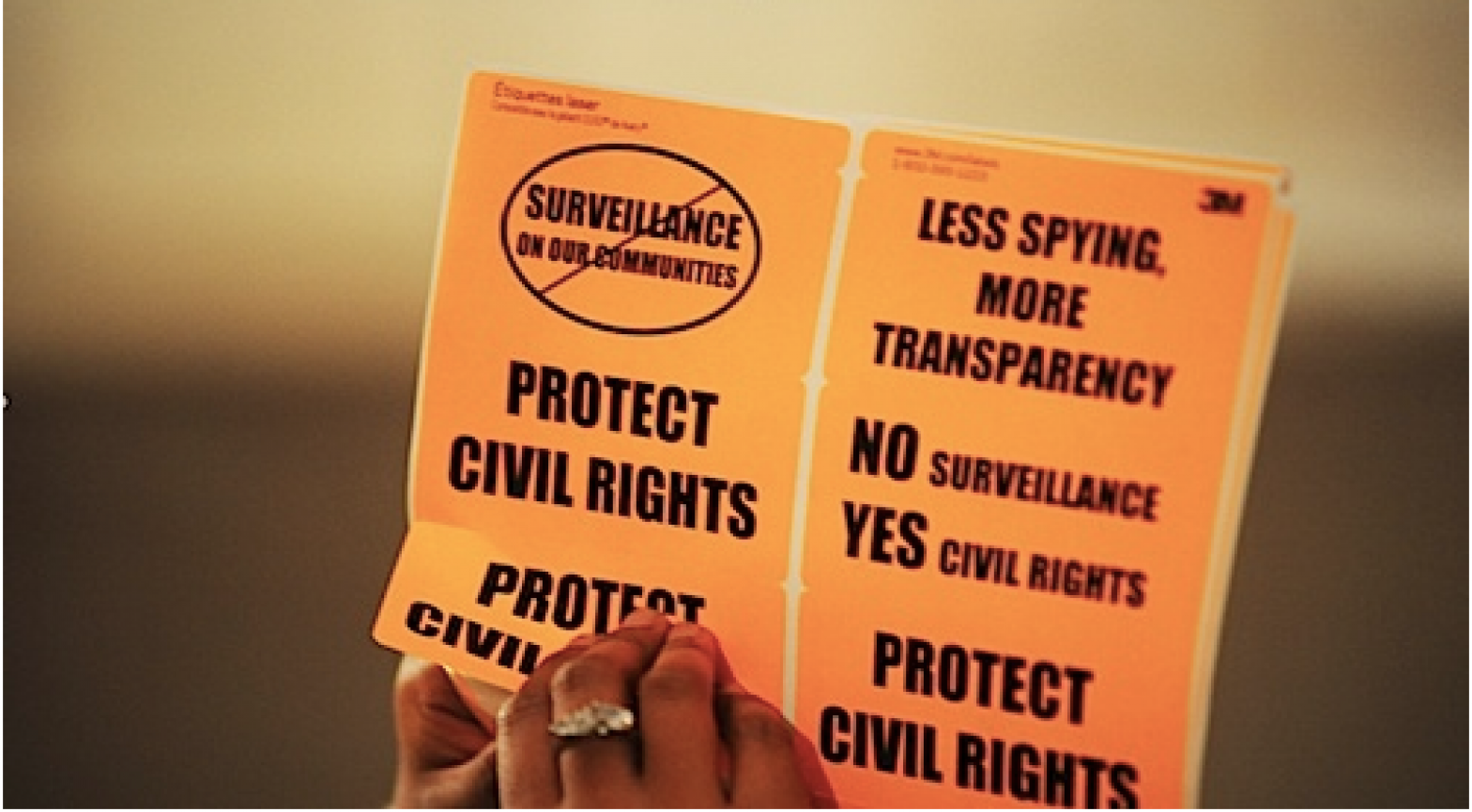Millions of Californians have gotten a push notification on their phones asking them to opt in to CA Notify to get warnings from their phones if they have been in close proximity to someone who later tested positive for the coronavirus. Gennie Gebhart, the activism director with the digital civil liberties group Electronic Frontier Foundation, explained to “Civic” how the system works and what information is exchanged.
Data Privacy
Law Enforcement Monitors Protesters, Reporting Shows
With hundreds of thousands of people taking to the streets in recent weeks to protest police killings and racism, the law enforcement response has been highly visible. But in less obvious ways, law enforcement officers also gather information about protesters both online and in public. Cyrus Farivar, a reporter on the tech investigations unit of NBC News in San Francisco and author of “Habeas Data” has covered some recent cases in which law enforcement surveillance of social media posts about protests has resulted in real life enforcement actions, including arrest by the FBI. Read Farivar’s reporting at NBC News. “I think for most of us we understand, like, OK: The police are looking for one criminal mastermind and they’re taking extraordinary measures to go after one person.
consumer reporting
Consumer Reporting Firms Fought for a Year to Exempt Data From California Privacy Law
Even though federally regulated consumer reports were already exempted from California’s ambitious new privacy law, the companies that sell them spent much of the last year engaged in an as yet unsuccessful lobbying effort to prevent individuals from opting out of sharing their own data from the firms’ databases. That’s in part because they have diversified beyond consumer reports and credit scores and into the creation of personal profiles based on online information that is less well regulated and critics of the industry call intrusive.
Data Privacy
New State Law Pits Privacy Against Free Speech, Public Records and Data Brokers
Though consumers may ask companies to delete or stop collecting data about them, the First Amendment and open-records statutes may thwart their efforts to get people-search sites to delete data after the law takes effect in January. Information brokers argue that the data they post comes from government entities and is publicly available.
Data Privacy
California Attorney General Plans Few Privacy Law Enforcement Actions, Telling Consumers to Take Violators to Court
Attorney General Xavier Becerra says his office is ill equipped to prosecute violations of the state’s landmark data-privacy law, which takes effect in January. Only a handful of the most egregious cases will be handled per year. Instead, he wants aggrieved consumers to take violators to court on their own.
City Hall
Writing the Rules on Data Privacy in S.F. Could Disrupt the Disrupters
As city officials this spring craft a ‘privacy-first policy’ mandated by voter-approved Proposition B, supporters hope its lofty ambitions will start to become a reality this summer. Already there are signs that the city could move to the forefront of enforcing limits on data collection and reshaping our relationship with technology companies.
Data Privacy
What Don’t We Know About Campaign Finance?
The Public Press spent six months digging and sorting, and many hours talking with staff at the Ethics Commission for clarification on the best ways to find and distill the information on the 2015 elections.
Data Privacy
Testing Online Privacy Limits, OKCupid Lets Strangers Read Intimate Messages
Users on the popular dating site OKCupid.com might not be aware of it, but fellow participants have been tapped to be community moderators, who have access to private correspondence. Those with access to the “moderation” button often are checking accounts that have been flagged for possible terms of service violations. But they also get to eavesdrop on what many users assumed to be private conversations.
Data Privacy
S.F. mayor signs civil rights ordinance into law
San Francisco civil rights advocates concerned about what they call domestic spying on the city’s Arab, Middle Eastern, Muslim and South Asian communities are celebrating new legislation signed into law by Mayor Ed Lee. The Safe San Francisco Civil Rights Ordinance requires San Francisco Police Department officers working with the FBI’s Joint Terrorism Task Force to be bound by local and state laws strictly governing intelligence gathering of First Amendment protected activities like religious worship.

